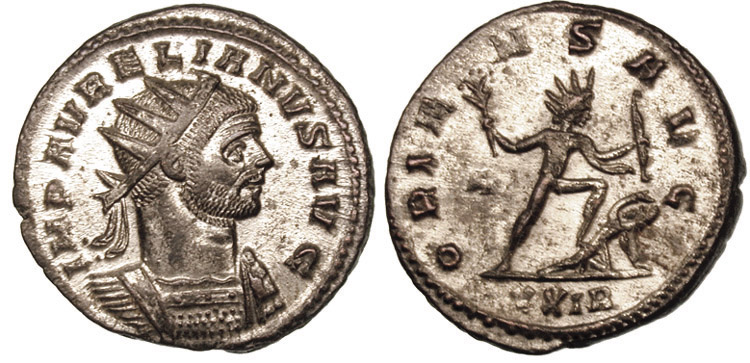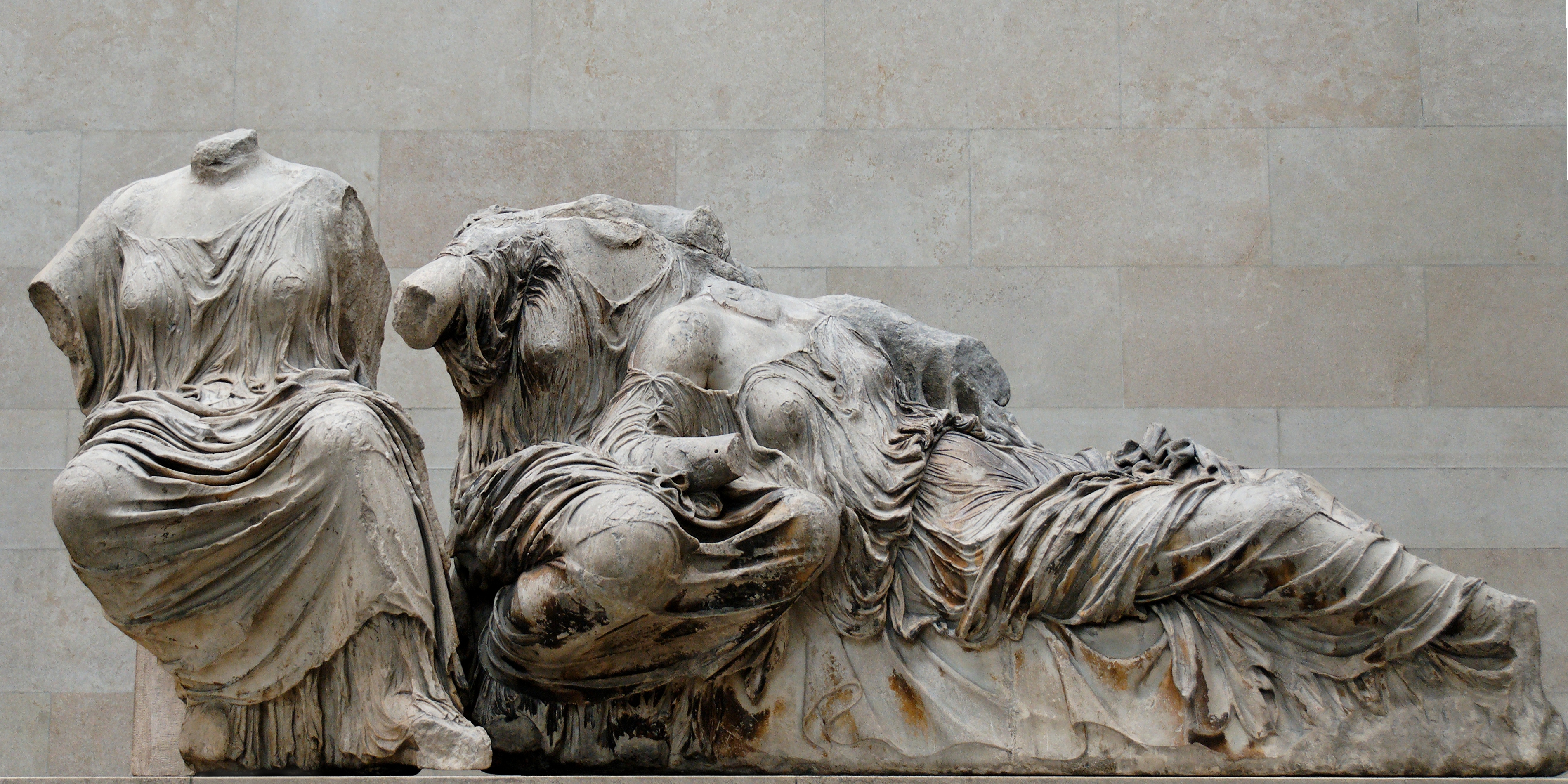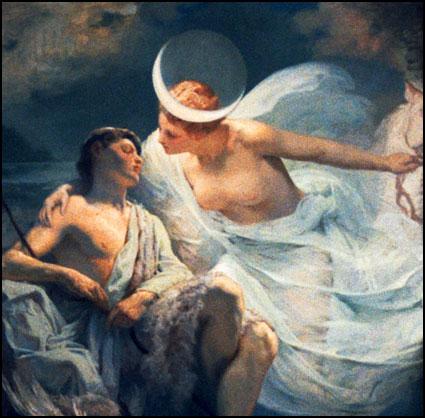|
Phoebe (Titaness)
In ancient Greek religion and Greek mythology, mythology, Phoebe ( ; ) is one of the first generation of Titan (mythology), Titans, who were one set of sons and daughters of Uranus (mythology), Uranus and Gaia, the sky and the earth.Hesiod, ''Theogony'116-138 With her brother and consort Coeus she had two daughters, Leto and Asteria. She is thus the grandmother of the Olympian gods Apollo and Artemis, as well as the witchcraft goddess Hecate. According to the myth, she was the original owner of the site of the Oracle of Delphi before gifting it to her grandson Apollo. Her name, meaning "bright", was also given to a number of lunar goddesses like Artemis and later the Roman goddesses Luna (goddess), Luna and Diana (mythology), Diana, but Phoebe herself was not actively seen as a moon goddess in her own right in ancient religion or mythology. Etymology The Greek name ''Phoíbē'' is the feminine form of ''Phoîbos'' meaning "pure, bright, radiant", an epithet given to Apollo a ... [...More Info...] [...Related Items...] OR: [Wikipedia] [Google] [Baidu] |
Titan (mythology)
In Greek mythology, the Titans ( ; ) were the pre- Olympian gods. According to the ''Theogony'' of Hesiod, they were the twelve children of the primordial parents Uranus (Sky) and Gaia (Earth). The six male Titans were Oceanus, Coeus, Crius, Hyperion, Iapetus, and Cronus; the six female Titans—called the Titanides () or Titanesses—were Theia, Rhea, Themis, Mnemosyne, Phoebe, and Tethys. After Cronus mated with his older sister Rhea, she bore the first generation of Olympians: the six siblings Zeus, Hades, Poseidon, Hestia, Demeter, and Hera. Certain other descendants of the Titans, such as Prometheus, Atlas, Helios, and Leto, are sometimes also called Titans. The Titans were the former gods: the generation of gods preceding the Olympians. They were overthrown as part of the Greek succession myth, which tells how Cronus seized power from his father Uranus and ruled the cosmos with his fellow Titans before being in turn defeated and replaced as the ruling pantheon o ... [...More Info...] [...Related Items...] OR: [Wikipedia] [Google] [Baidu] |
Epithet
An epithet (, ), also a byname, is a descriptive term (word or phrase) commonly accompanying or occurring in place of the name of a real or fictitious person, place, or thing. It is usually literally descriptive, as in Alfred the Great, Suleiman the Magnificent, Richard the Lionheart, and Ladislaus the Short, or allusive, as in Edward the Confessor, William the Conqueror, Æthelred the Unready, John Lackland, Mehmed the Conqueror and Bloody Mary. The word ''epithet'' also may refer to an abusive, defamatory, or derogatory word or phrase. This use is criticized by Martin Manser and other proponents of linguistic prescription. H. W. Fowler noted in 1926 that "''epithet'' is suffering a vulgarization that is giving it an abusive imputation." Linguistics Epithets are sometimes attached to a person's name or appear in place of their name, as what might be described as a glorified nickname or sobriquet, and for this reason some linguists have argued that they should be c ... [...More Info...] [...Related Items...] OR: [Wikipedia] [Google] [Baidu] |
Maurus Servius Honoratus
Servius, distinguished as Servius the Grammarian ( or ), was a late fourth-century and early fifth-century grammarian. He earned a contemporary reputation as the most learned man of his generation in Italy; he authored a set of commentaries on the works of Virgil. These works, ("Exposition on Three Works of Virgil"), ("Commentaries on Virgil"), ("Commentaries on the Works of Vergil"), or ("Commentaries on the Poems of Virgil"), constituted the first incunable to be printed at Florence, by Bernardo Cennini, in 1471. In the ''Saturnalia'' of Macrobius, Servius appears as one of the interlocutors; allusions in that work and a letter from Symmachus to Servius indicate that he was not a convert to Christianity. Name The name Servius also appears as Seruius owing to the unity of the Latin letters V and U from antiquity until as late as the 18th century. Many medieval manuscripts of Servius's commentaries give him the praenomen Marius or Maurus and the cognomen Honoratu ... [...More Info...] [...Related Items...] OR: [Wikipedia] [Google] [Baidu] |
Sol (Roman Mythology)
Sol is the personification of the Sun and a god in ancient Roman religion. It was long thought that Rome actually had two different, consecutive sun gods: The first, Sol Indiges (), was thought to have been unimportant, disappearing altogether at an early period. Only in the late Roman Empire, scholars argued, did the solar cult re-appear with the arrival in Rome of the Syrian Sol Invictus (), perhaps under the influence of the Mithraic mysteries. Publications from the mid-1990s have challenged the notion of two different sun gods in Rome, pointing to the abundant evidence for the continuity of the cult of Sol, and the lack of any clear differentiation – either in name or depiction – between the "early" and "late" Roman sun god. Etymology The Latin ''sol'' for " Sun" is believed to originate in the Proto-Indo-European language, as a continuation of the heteroclitic ''* Seh2ul- / *Sh2-en-'', and thus cognate to other solar deities in other Indo-European languages: Germani ... [...More Info...] [...Related Items...] OR: [Wikipedia] [Google] [Baidu] |
Athena
Athena or Athene, often given the epithet Pallas, is an ancient Greek religion, ancient Greek goddess associated with wisdom, warfare, and handicraft who was later syncretism, syncretized with the Roman goddess Minerva. Athena was regarded as the patron and protectress of various cities across Greece, particularly the city of Athens, from which she most likely received her name. The Parthenon on the Acropolis of Athens is dedicated to her. Her major symbols include Owl of Athena, owls, olive trees, snakes, and the Gorgoneion. In art, she is generally depicted wearing a helmet and holding a spear. From her origin as an Aegean tutelary deity, palace goddess, Athena was closely associated with the city. She was known as ''Polias'' and ''Poliouchos'' (both derived from ''polis'', meaning "city-state"), and her temples were usually located atop the fortified acropolis in the central part of the city. The Parthenon on the Athenian Acropolis is dedicated to her, along with numero ... [...More Info...] [...Related Items...] OR: [Wikipedia] [Google] [Baidu] |
Pallas (Titan)
In Greek mythology, Pallas or Pallant (; ) was, according to Hesiod, the son of the Titans Crius and Eurybia, the brother of Astraeus and Perses, the husband of Styx, and the father of Zelus ("Zeal" or "Emulation"), Nike ("Victory"), Kratos ("Strength" or "Power"), and Bia ("Might" or "Force"). Hyginus says that Pallas, whom he calls "the giant", also fathered with Styx: Scylla, Fontus ("Fountains") and Lacus ("Lakes"). Pallas was sometimes regarded as the Titan god of warcraft and of the springtime campaign season. Family The '' Homeric Hymn'' "To Hermes" makes the moon goddess Selene (usually the daughter of the Titans Hyperion and Theia), the daughter of a Pallas, son of (an otherwise unknown) Megamedes, which is possibly the same as this Pallas. Ovid uses the patronymic "Pallantias" or "Pallantis" as another name for Aurora, the Roman equivalent of the Greek Eos ("Dawn"), who was the sister of Selene; Ovid apparently regarding Aurora (or Eos) as the daughte ... [...More Info...] [...Related Items...] OR: [Wikipedia] [Google] [Baidu] |
John Flaxman - To Phoebus At His Birth, From Aeschylus, Furies - Google Art Project
John is a common English name and surname: * John (given name) * John (surname) John may also refer to: New Testament Works * Gospel of John, a title often shortened to John * First Epistle of John, often shortened to 1 John * Second Epistle of John, often shortened to 2 John * Third Epistle of John, often shortened to 3 John People * John the Baptist (died ), regarded as a prophet and the forerunner of Jesus Christ * John the Apostle (died ), one of the twelve apostles of Jesus Christ * John the Evangelist, assigned author of the Fourth Gospel, once identified with the Apostle * John of Patmos, also known as John the Divine or John the Revelator, the author of the Book of Revelation, once identified with the Apostle * John the Presbyter, a figure either identified with or distinguished from the Apostle, the Evangelist and John of Patmos Other people with the given name Religious figures * John, father of Andrew the Apostle and Saint Peter * Pope John (disambigu ... [...More Info...] [...Related Items...] OR: [Wikipedia] [Google] [Baidu] |
Apollo (god)
Apollo is one of the Twelve Olympians, Olympian deities in Ancient Greek religion, ancient Greek and Ancient Roman religion, Roman religion and Greek mythology, Greek and Roman mythology. Apollo has been recognized as a god of archery, music and dance, truth and prophecy, healing and diseases, the Sun and light, poetry, and more. One of the most important and complex of the Greek gods, he is the son of Zeus and Leto, and the twin brother of Artemis, goddess of the hunt. He is considered to be the most beautiful god and is represented as the ideal of the ''kouros'' (ephebe, or a beardless, athletic youth). Apollo is known in Greek-influenced Etruscan mythology as ''Apulu''. As the patron deity of Delphi (''Apollo Pythios''), Apollo is an oracular god—the prophetic deity of the Pythia, Delphic Oracle and also the deity of ritual purification. His oracles were often consulted for guidance in various matters. He was in general seen as the god who affords help and wards off e ... [...More Info...] [...Related Items...] OR: [Wikipedia] [Google] [Baidu] |
Earth
Earth is the third planet from the Sun and the only astronomical object known to Planetary habitability, harbor life. This is enabled by Earth being an ocean world, the only one in the Solar System sustaining liquid surface water. Almost all of Earth's water is contained in its global ocean, covering Water distribution on Earth, 70.8% of Earth's crust. The remaining 29.2% of Earth's crust is land, most of which is located in the form of continental landmasses within Earth's land hemisphere. Most of Earth's land is at least somewhat humid and covered by vegetation, while large Ice sheet, sheets of ice at Polar regions of Earth, Earth's polar polar desert, deserts retain more water than Earth's groundwater, lakes, rivers, and Water vapor#In Earth's atmosphere, atmospheric water combined. Earth's crust consists of slowly moving tectonic plates, which interact to produce mountain ranges, volcanoes, and earthquakes. Earth's outer core, Earth has a liquid outer core that generates a ... [...More Info...] [...Related Items...] OR: [Wikipedia] [Google] [Baidu] |
Dione (Titaness)
In ancient Greek religion and Greek mythology, Dione (; ) is an oracular goddess, a Titaness primarily known from Book V of Homer's ''Iliad'', where she tends to the wounds suffered by her daughter Aphrodite. Dione is presented as either an Oceanid, daughter of Oceanus and Tethys, or the thirteenth Titan, daughter of Gaia and Uranus. Name Dione (Διώνη ''Diṓnē'', from earlier *Διϝωνᾱ ''Diwōnā'') is essentially the feminine of the genitive form of Greek Ζεύς '' Zeús'', that is, Διός ''Diós'' (from earlier Διϝός ''Diwós''), "of Zeus". Other goddesses were called by this name (see the Dione (mythology) article for more). Due to being a daughter of Dione by some traditions, Aphrodite was sometimes called "Dionaea" (Διωναίη ''Diōnaíē'') and even "Dione".Peck, Harry T''Harper's Dictionary of Classical Antiquities'', Harper & Bros., New York, 1898. Following the deciphering of Linear B by Ventris and Chadwick in the 1950s, a goddes ... [...More Info...] [...Related Items...] OR: [Wikipedia] [Google] [Baidu] |
Robert S
The name Robert is an ancient Germanic given name, from Proto-Germanic "fame" and "bright" (''Hrōþiberhtaz''). Compare Old Dutch ''Robrecht'' and Old High German ''Hrodebert'' (a compound of '' Hruod'' () "fame, glory, honour, praise, renown, godlike" and ''berht'' "bright, light, shining"). It is the second most frequently used given name of ancient Germanic origin.Reaney & Wilson, 1997. ''Dictionary of English Surnames''. Oxford University Press. It is also in use as a surname. Another commonly used form of the name is Rupert. After becoming widely used in Continental Europe, the name entered England in its Old French form ''Robert'', where an Old English cognate form (''Hrēodbēorht'', ''Hrodberht'', ''Hrēodbēorð'', ''Hrœdbœrð'', ''Hrœdberð'', ''Hrōðberχtŕ'') had existed before the Norman Conquest. The feminine version is Roberta. The Italian, Portuguese, and Spanish form is Roberto. Robert is also a common name in many Germanic languages, including En ... [...More Info...] [...Related Items...] OR: [Wikipedia] [Google] [Baidu] |
Moon-goddess
A lunar deity or moon deity is a deity who represents the Moon, or an aspect of it. These deities can have a variety of functions and traditions depending upon the culture, but they are often related. Lunar deities and Moon worship can be found throughout most of recorded history in various forms. Moon in religion and mythology Many cultures have implicitly linked the 29.5-day lunar cycle to women's menstrual cycles, as evident in the shared linguistic roots of "menstruation" and "moon" words in multiple Language family, language families. This identification was not universal, as demonstrated by the fact that not all moon deities are female. Still, many well-known mythologies feature moon goddesses, including the Greek goddess Selene, the Roman goddess Luna (mythology), Luna, the Chinese goddess Chang'e, and the Mayan goddess Coyolxauhqu, who's decapitation may represent a lunar eclipse. Several goddesses including Artemis, Hecate, and Isis did not originally have lunar aspec ... [...More Info...] [...Related Items...] OR: [Wikipedia] [Google] [Baidu] |







